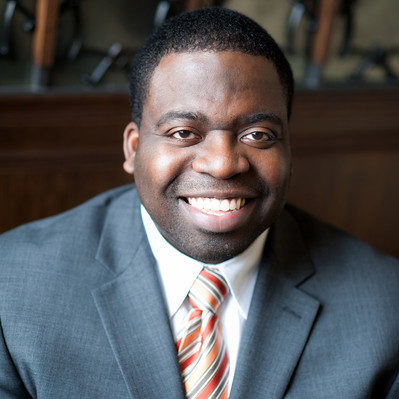It seems most people do not want to tax people for making a lot of money as much as they want to tax people who they think didn’t earn it and no segment of the top 1% of earners is more frowned upon than the “Wall Street” banker.
In a Bloomberg poll, 88% of respondents said that Wall Street bonuses should either be banned outright or taxed at 50%.
via Wall Street bonus datapoint of the day | Analysis & Opinion |.
17% of those polled wanted bonuses taxed at 50%. 71% wanted them banned. Goes to show that it’s a much tougher road uphill to make the case that US CEOs of public companies are being overpaid and the way executive compensation can be challenged.
As for other money issues in public opinion, Derek Thompson flags the Washington Post poll on the Obama tax compromise:
According to a Washington Post poll, two in three Americans support the tax deal, including 75 percent of Republicans and 68 percent of Democrats and Independents. But when you break down support for each provision, you see something very strange indeed: Americans support extended unemployment benefits most of them won’t receive, and shrinking an estate tax most of them won’t have to pay; but they do not support the plan to cut payroll taxes for almost all working Americans. (Huh?)
[…]Totally mystifying. Unemployment benefits are fine stimulus policy, but fewer than a tenth of the population will benefit from this extension. A minuscule number of Americans were in danger of dying with enough wealth to trigger the old estate tax. On the other hand, a payroll tax cut would save a $50K earner about a thousand dollars and a $100K earner about two thousand dollars. This is a huge tax cut. Americans like tax cuts. Do Americans really think this is a bad idea?
As far as who benefits from unemployment benefits, the reality is with u3+u6 around 20% many people know someone who is unemployed or underemployed. Respondents know these situations with income upheaval can be scary and for a lot of folks can be literally be pushed to the brink of poverty. Unless they are conservatives, they probably are okay with the idea of extending unemployment benefits because they would rather not have the tough times created by this downturn push more folks into poverty.
I don’t know if people think it’s a “bad idea” to get a payroll tax holiday. I think people think getting a payroll tax holiday in this economy is not the best idea with all the scare mongering about the deficit. It’s a tax holiday for people who are working and can put food on the table, roofs over their heads and gifts under their trees.
As far as the estate tax, I think that it goes back to my prior point about Wall Street bonuses. The American people, in general, don’t have it out against rich people and actually are fond of a lot of rich people, the idea of being rich and the slim but ever marketed chance that we may be rich (Buffet, Gates, Jobs, Oprah, people on MTV cribs, CEOs glamorized on Undercover Bosses, etc). I think American people have it out for rich people they believe to be overpaid, incompetent or negligent and don’t deserve to be rich (John Thain, executives of Bear Sterns, Lehman Bros.) or people who outright broke the law to get rich (Madoffs, Kenny Lays, Blankenship). It’s why the implausible “bonus clawback” idea was so popular.
I would bet it’s how people empathize with the who gets what that moves those polls when it comes to tax cuts, social benefits and other federal expenditure.
That was the cold callous efficacy of the Reagan welfare queen demagoguery used to begin dismantling our social support systems for the poor: it’s not that welfare is bad, it’s just that some people on it are really bad.
